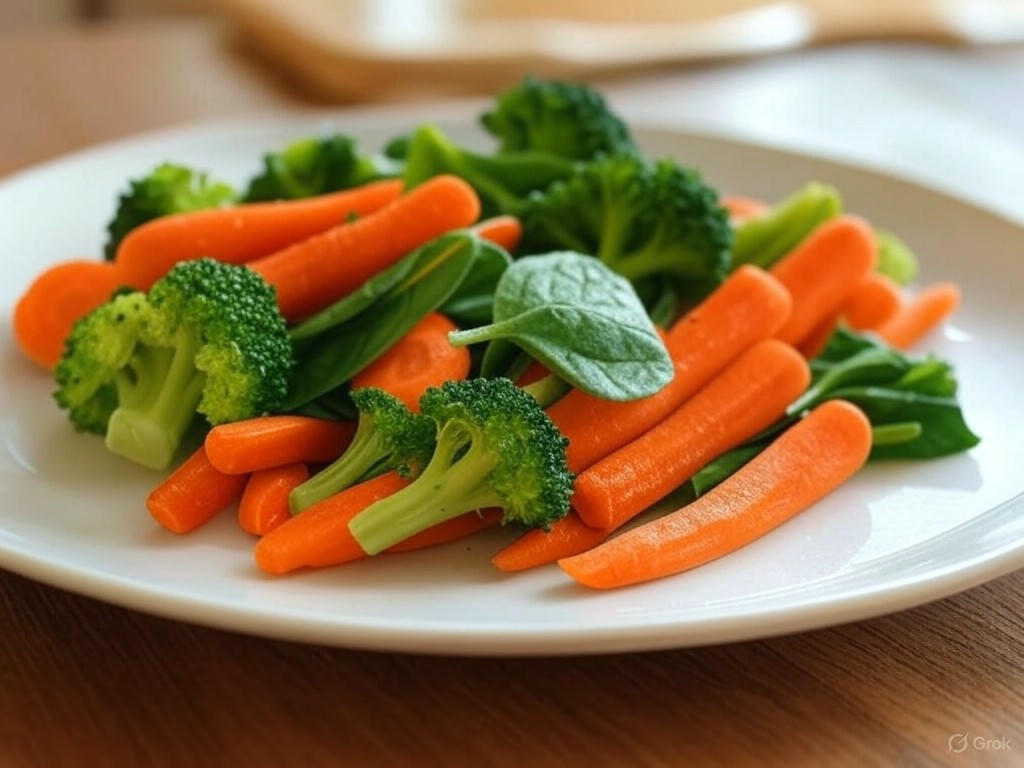Beyond Milk: Uncovering the Real Threats to Your Bone Health
For years, we’ve been told that chugging glass after glass of milk is the secret to strong, unbreakable bones. However, recent insights from health experts are turning this long-held belief on its head. While calcium-rich dairy products do play a role in bone health, they aren’t the sole answer—and overdoing it might not even be necessary. Instead, the focus is shifting toward a balanced diet and, surprisingly, avoiding certain foods that could silently sabotage your skeletal strength.
The idea that milk is the ultimate bone-building elixir stems from its high calcium content, a mineral essential for bone density. But experts now emphasize that bone health is a complex puzzle involving multiple nutrients like vitamin D, magnesium, and protein, alongside lifestyle factors such as exercise. Relying solely on milk can lead to an imbalance, especially if other critical elements are missing from your diet. More importantly, some everyday foods might be weakening your bones without you even realizing it. Moderation, as always, emerges as the golden rule—not just for milk, but for everything on your plate.
So, what are these hidden culprits? Health professionals point to excessive consumption of processed foods, sugary sodas, and high-sodium snacks as potential threats. These items can interfere with calcium absorption or even cause the body to leach calcium from bones to balance blood pH levels. For instance, phosphoric acid in many soft drinks may disrupt the delicate calcium-phosphorus ratio in the body, potentially leading to weaker bones over time. Similarly, a diet overloaded with salt can increase calcium excretion through urine, depleting the reserves your bones desperately need. Even too much caffeine, often found in coffee or energy drinks, might reduce calcium absorption if consumed in large quantities.
On the flip side, building strong bones doesn’t mean you need to drown in dairy. Incorporating a variety of nutrient-dense foods can do wonders. Think leafy greens like kale and spinach for calcium, fatty fish for vitamin D, and nuts or seeds for magnesium. Weight-bearing exercises, such as walking or strength training, also stimulate bone growth and help maintain density as you age. The key is diversity—don’t put all your faith in one food group, no matter how much hype it gets.
As we rethink old dietary myths, the message is clear: bone health isn’t about overloading on milk or any single superfood. It’s about creating a well-rounded approach to eating and living that supports your body from the inside out. Pay attention to what you’re consuming, cut back on processed junk, and remember that small, consistent choices can make a big difference. Your bones aren’t just built in a day—they’re nurtured over a lifetime of mindful habits. So, the next time you reach for that extra glass of milk, ask yourself if balance might be the better path to strength.


